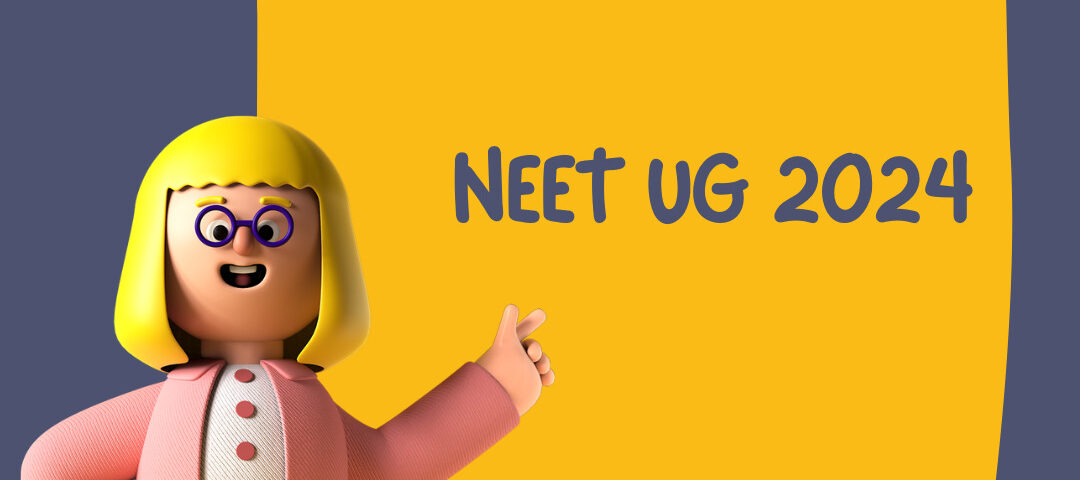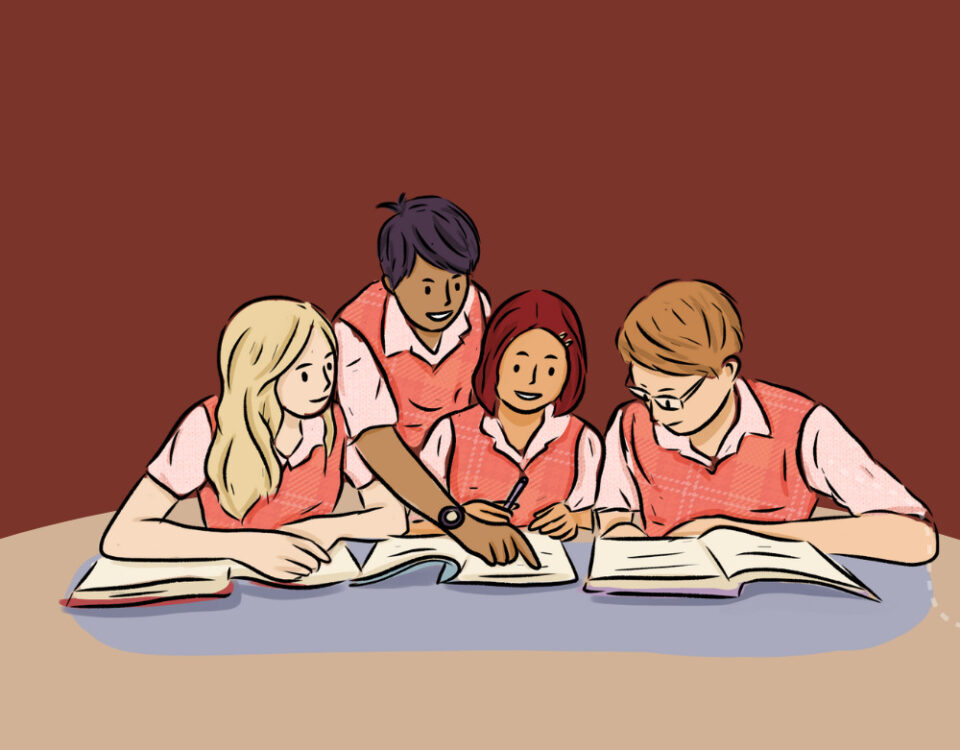Problems In Conduction of NEET UG 2024

How to Score well in Chemistry – JEE Main 2025
January 7, 2025
5 Easy Tricks to Improve Your Math Skills for IIT
February 15, 2025NEET UG 2024 has had many conduction issues, which have caused concerns and debates among parents, teachers, and students. These problems affect parents, teachers, and the larger system of education as well.
Issues in NEET UG 2024 conduction
The main issues with NEET UG 2024’s execution are investigated in this paper, together with their consequences for stakeholders.
1. Rising Stakes And Competition for NEET UG 2024
This exponential candidate rise aggravates logistical issues such as maintaining fairness, running test centres, and supplying sufficient infrastructure. Furthermore, students are under great stress trying to find a place in government medical colleges, which are well-known for their cost; this results in mental health problems, burnout, and anxiety.
2. Fair Distribution Of Resources
The differences in resource access define one of the most urgent problems in NEET’s conduct. While students from rural or economically weaker parts face great obstacles, those from urban areas frequently have easier access to quality coaching institutes, study materials, and experienced teachers. The absence of an equal playing field compromises the fundamental merit-based selection guiding analysis.
The digital gap aggravates this problem even more. Online learning became necessary during the COVID-19 epidemic, but many students lacked access to computers, dependable internet connections, or cell phones. Their level of readiness for competitive tests like NEET still reflects this digital divide.
3. Variations In Methodologies Of Examination
NEET has been accused of many anomalies, including paper leaks, impersonation, and cheating. Such events erode the legitimacy of the hiring process and lower the faith of sincere candidates. New forms of misconduct that compromise the integrity of the test still surface even if the National Testing Agency (NTA) is enforcing strict policies like biometric verification and sophisticated surveillance systems.
4. Obstacles In Language
Multiple languages are used in NEET to reflect the linguistic variety of India. Previous editions have recorded, nevertheless, translation errors and delays in delivering question papers in regional languages. These differences disfavour non-English-speaking pupils, therefore influencing their performance and whole score. The ongoing problem of inconsistent quality of the question papers across languages is still a concern.
5. Infrastructure Obstacles for NEET UG 2024
Given millions of applicants for NEET, the availability of suitable infrastructure presents a major obstacle. Examination centres are crowded, which causes logistical problems, including ding delays, improper seating, and insufficient facilities for applicants with disabilities. Sometimes students have had to drive great distances to get to their assigned centers, which increases their financial load and stress.
6. Mental Health Issues
The great strain connected with NEET preparation has caused mental health problems among students to increase. Alarmingly frequent reports of anxiety, melancholy, and even student suicides abound. Society worsens this dilemma by focusing on obtaining a medical seat and the fear of failing. Setting unreasonable expectations by parents and teachers can result in inadvertent contribution to this pressure.
7. Delays And Cancelling
Historically, NEET has struggled with delays and last-minute rescheduling mostly from administrative mistakes or unanticipated events like natural disasters. Such disturbances cause ambiguity and confusion among candidates, influencing their morale and readiness. Furthermore, impeding pupils’ academic plans are delayed results or counseling sessions.
8. Effect Of The Coaching Culture
The advent of the coaching business has had a major impact on NEET readiness. Although coaching centres offer organised preparation, they also encourage a rote learning culture that might not fit the conceptual knowledge needed for a medical career. Furthermore, the expensive fees paid by coaching organisations make quality preparation unaffordable for low-income pupils, extending inequality.
9. Policy Shifts And Ambiguity
Regular policy changes—such as changes in the syllabus, test schedule, or eligibility requirements—cause uncertainty for candidates. For example, choices over whether to include further subjects or modify age restrictions could throw off students’ plans for study. Authorities’ lack of timely and clear communication fuels their concern even more.
10. Regional Differences In Educational Standards
Students’ preparation for NEET is affected by the differences in the calibre of their state-provided school education. While some states fight with poorly qualified instructors and inadequate facilities, others have strong educational systems. This disparity causes candidates to be at different degrees of readiness, negatively impacting pupils from underperforming areas.
11. Administrative Problems with NEET UG 2024
The vast scope of NEET UG 2024 creates major administrative difficulties. The logistical challenges are great, from manufacturing and shipping millions of question papers to guaranteeing seamless coordination among thousands of test locations. Any lapse—such as mistakes in exam questions or delivery delays—can cause great discontent and legal action.
Potential Solution You Must Know about NEET UG 2024
Dealing with these problems requires a multifarious strategy encompassing legislators, teachers, and society. Among possible fixes are:
- Ensuring sufficient and easily accessible exam centres—especially in rural areas—helps to ease logistical difficulties.
- Initiatives to close the resource gap include government-funded coaching programs, scholarships, and free internet resources.
- Frequent changes to examination security procedures help to prevent misconduct and preserve process integrity.
- Establishing helplines and counselling centres for students can help to reduce stress and handle mental health problems.
- Policies should be transparent; timely and unambiguous notification of exam procedure modifications helps ease applicant uncertainty and anxiety.
- Standardizing the substance and quality of question papers across languages would help to level the playing field for every candidate.
Final Thoughts
The difficulties in implementing NEET UG 2024 are several and mirror more general problems with India’s educational system. Although the review is still an important instrument for selecting exceptional applicants, its application should give impartiality, accessibility, and student welfare priority. Solving the underlined issues will help stakeholders guarantee a more fair and seamless review process, opening the path for a better future for India’s future doctors. For more details, you can check out the following websites –


